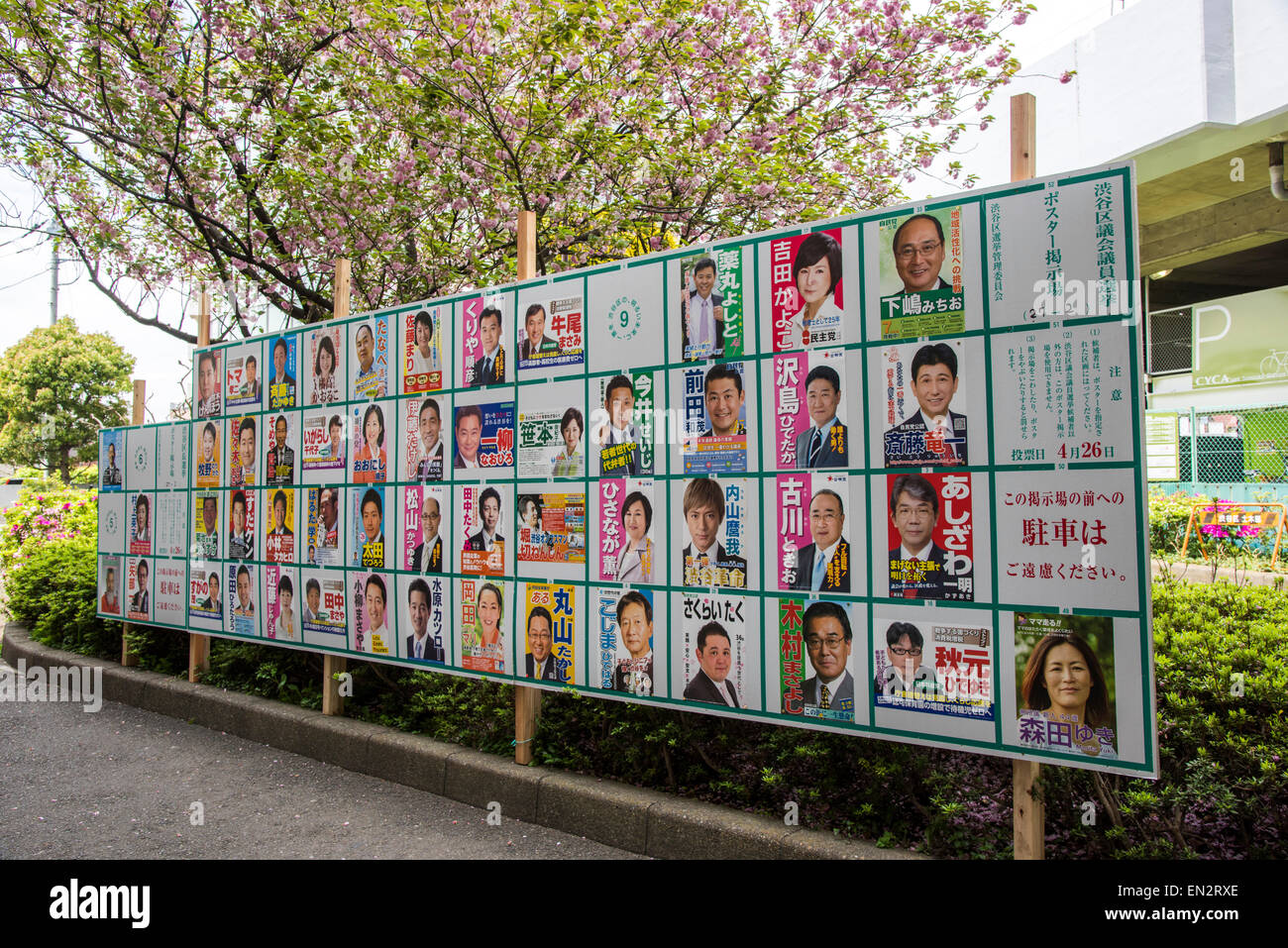
Campaigning Begins for Japan’s Upcoming Parliamentary Election
The political landscape in Japan is heating up as official campaigning for the crucial Oct. 27 parliamentary election has kicked off. With over 1,300 candidates expected to vie for a spot in the 465-seat Lower House, the eyes of the nation are on new Prime Minister Shigeru Ishiba as he seeks a mandate for his policies following a political funds scandal that has shaken the ruling Liberal Democratic Party (LDP).
 Candidates prepare for the election ahead.
Candidates prepare for the election ahead.
Since taking office on October 1, Prime Minister Ishiba has prioritized this snap election, marking the beginning of his campaign in the Fukushima region – a symbolic site of recovery from the devastating 2011 nuclear disaster. The determination to gain a strong majority in the lower house is evident as Ishiba aims to consolidate power before the initial euphoria of his appointment fades.
Criticism surrounds the decision to hold the election so soon. Many political analysts argue that this move emphasizes the urgency of electoral win at the expense of policy discussions, allowing for minimal debate on pressing issues. To secure a ruling coalition majority, the LDP and its junior coalition partner, Komeito, need 233 seats, having previously held 288 seats.
The LDP has maintained a dominant position in Japanese politics, often without interruption post-World War II, but the main opposition, the Constitutional Democratic Party of Japan (CDPJ), sees this political scandal as an opportunity to sway conservative voters. With a newly centrist approach under Yoshihiko Noda, the CDPJ, which briefly governed Japan from 2009–2012, is attempting to capture dissenting voices as the public expresses outrage over the recent scandal.
“A leadership change is the biggest political reform,” states Noda, signaling a fresh approach as the party repositions itself in the vote.
 Candidates rally as election day nears.
Candidates rally as election day nears.
As the campaign unfolds, it appears that public support for Ishiba’s government is already waning. Recent polls from Kyodo News indicate a drop from above 50% to 42% just a week after he assumed office. Despite this dip, the LDP continues to be a favored party among Japanese voters, hinting at the complexities of the current political dynamics.
With the upcoming election viewed as a litmus test for Ishiba’s leadership and the LDP’s policies, all eyes will be on how candidates navigate the controversies of the past and offer solutions to the electorate. The stakes are high, and the potential for significant shifts in Japan’s political future hangs in the balance.
In conclusion, as Japan enters this election season, the implications of the political funds scandal and the strategies employed by major parties will greatly influence not just candidate trajectories but also the future governance of the nation. The outcome on October 27 could herald a new era of political engagement and reform, or it may reaffirm the status quo as voters decide how best to express their discontent or support.
 Voters ready to make their voices heard.
Voters ready to make their voices heard.














